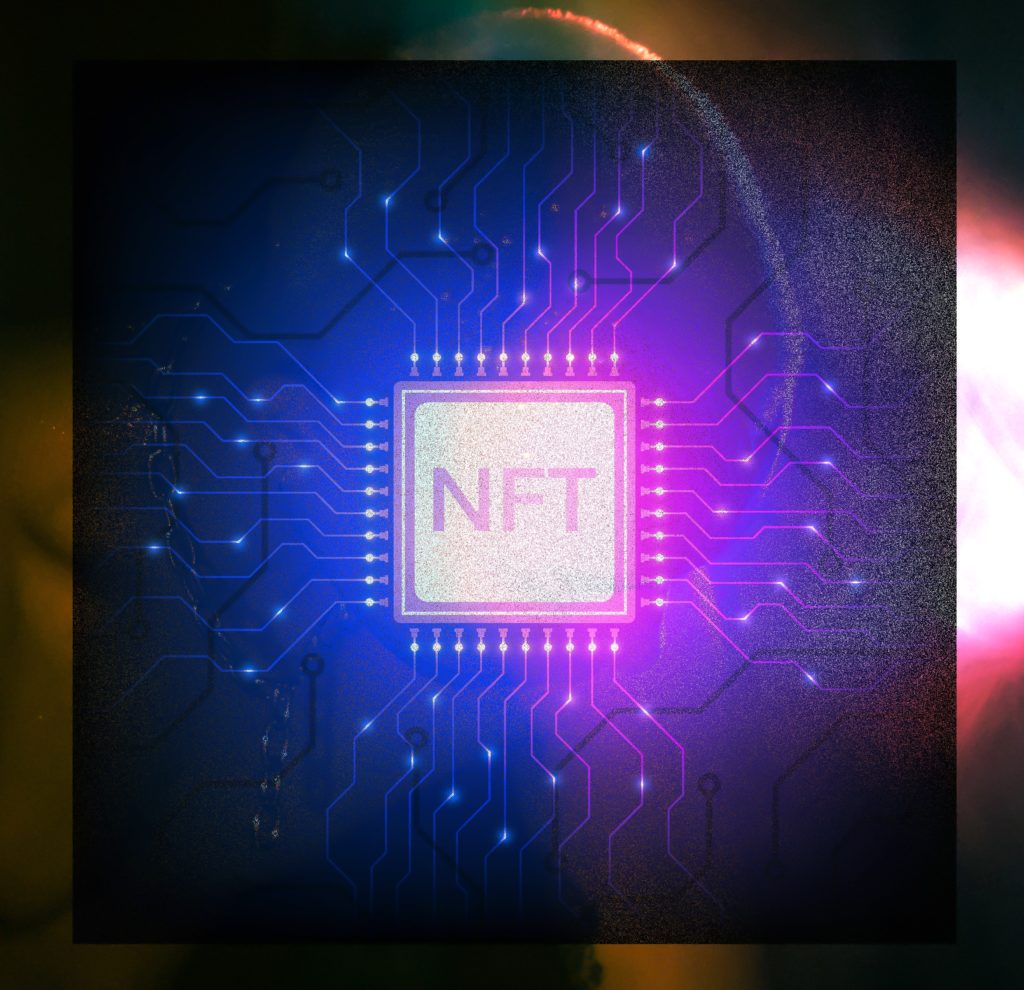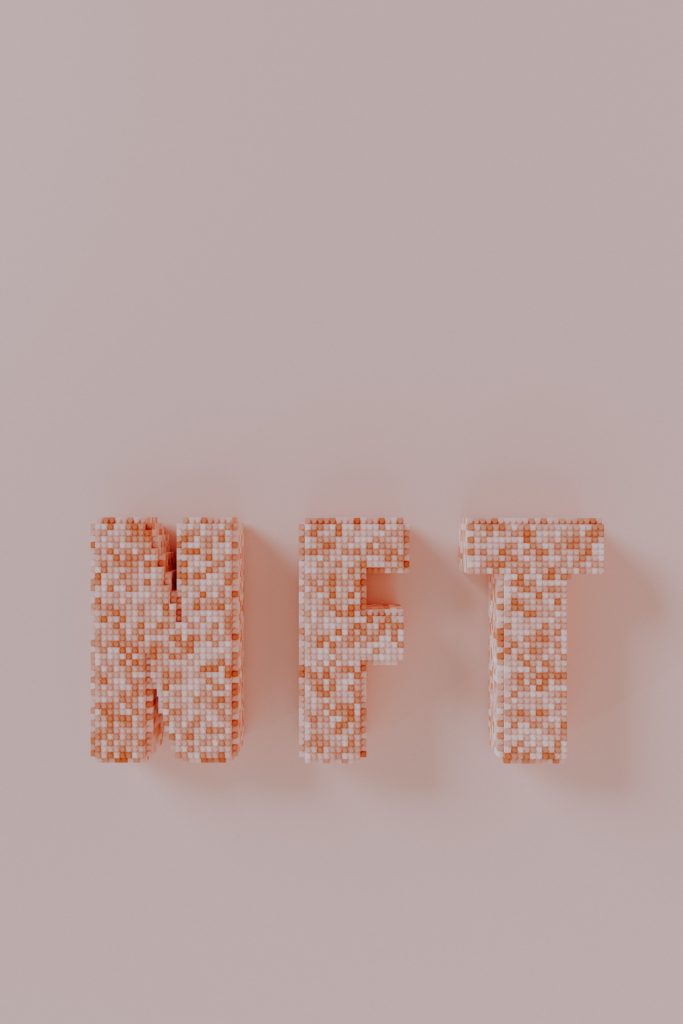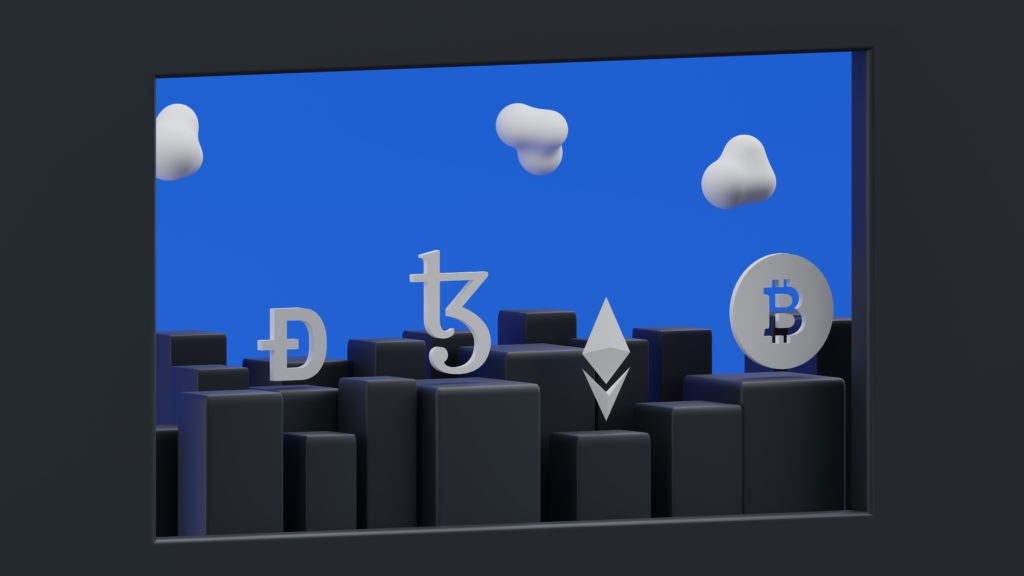Christian Lantz, 18, loved the first-person shooter game S.T.A.L.K.E.R., which came out in 2007 and became a cult hit for its immersive role playing. But when he heard about GSC Game World’s new sequel to the game coming out later this year, he knew he’d have to buy it (he loved that game).
That was until GSC Game World announced last month that this new game would incorporate non fungible tokens (NFTs), with players able to buy and sell NFTs of items like clothing for their characters (the company heralded the move as a “transformative step” toward the virtual world known as the metaverse).

Mr. Lantz was incensed. He joined thousands of fans on Twitter and Reddit who raged against NFTs in S.T.A.L.K.E.R. ‘s sequel (they said the game maker was simply looking to squeeze more money out of its players). The backlash was so intense that GSC quickly reversed itself and abandoned its NFT plan (“The studio was abusing its popularity,” Mr. Lantz said in an interview with Vice News Tonight).
For more than a year, crypto mania has been at a fever pitch (cryptocurrencies such as Bitcoin and Ethereum have soared in value; crypto-based assets like NFTs have taken off; Jack Dorsey, a Twitter founder, recently renamed one of his companies Block in honor of the blockchain, the distributed ledger system that powers digital currencies). Melania Trump has auctioned off her own NFTs. Proponents hope that blockchain will revolutionize industries from finance to social media to art.

But to some, the crypto craze has gone too far, too fast (skeptics argue that cryptocurrencies and related assets like NFT’s are digital Ponzi schemes with prices artificially inflated beyond their true value; some question whether cryptocurrencies and the blockchain have any long-term utility). Nowhere has there been more unhappiness than in the games community (clashes over crypto have increasingly erupted between users and major game studios like Ubisoft Square Enix and Zynga). In many of the encounters, the gamers have prevailed – at least for now.
“People are being sold buzzwords,” said Mutahar Anas, a gamer and YouTuber with three million subscribers (those pushing NFTs in games are “trying to sell you snake oil”).

In April 2016, a computer programmer named Matthew Green wrote a scathing blog post about nonfungible tokens on his website Zcash Blog. In it, he criticized efforts by third-party startups to create NFTs around trending topics like cats or Trump’s tweets, noting that values would only inflate so long as more people bought in. Mr. Green called NFTs “get rich quick schemes” that were “designed to separate fools from their money.” He wrote that NFTs are “not so much protocols for giving people new rights over their data, but rather just a way of repackaging very old ideas and selling them as novelties.”
When Mr. Green’s post went live, interest in his website skyrocketed (he said at the time that someone had even tried unsuccessfully to take it offline). But he was not alone in his criticism of NFTs (Nathaniel Popper wrote about skepticism around crypto-collectibles on The New York Times DealBook blog).









